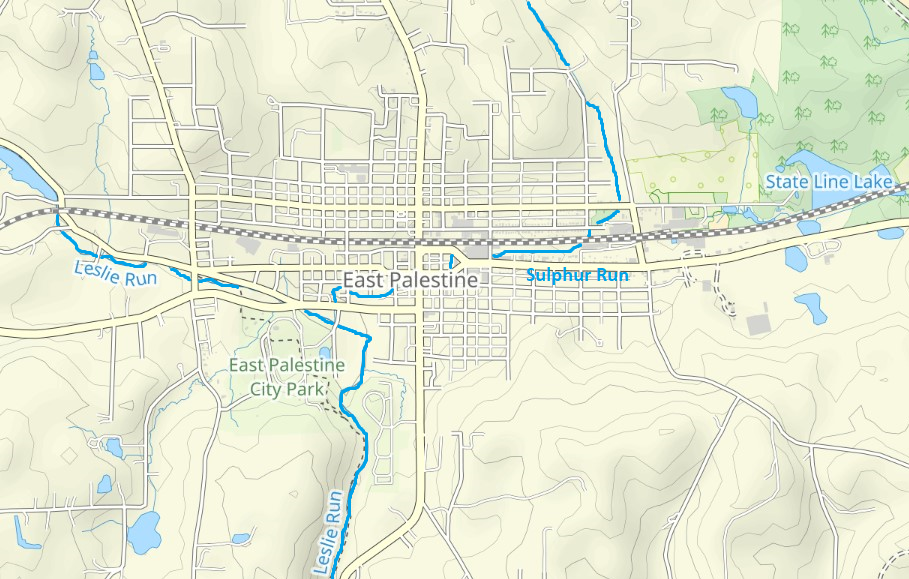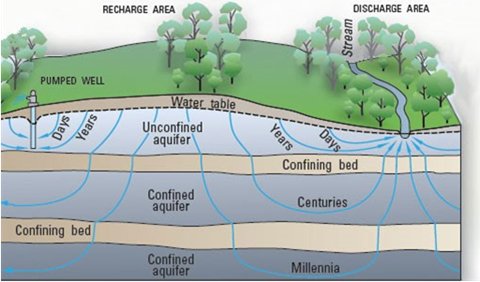Newsletter: East Palestine Train Derailment Response, 4-11-2023
Newsletter serving Serving East Palestine, Negley, Darlington, and surrounding communities
- Progress Made
- The Week Ahead
- Community Corner
- Did You Know?
- Top 3 Questions of the Week
- By the Numbers
Progress Made
Air Sparging Complete at the City Park
Air sparging has been completed within Leslie Run and Sulphur Run at the East Palestine City Park. Air sparging is a common cleanup technique which involves putting air into the water so that oxygen and microbes break down chemicals. Next steps will include continued cleaning of the sediment in both streams.
Water Diversion is Ongoing Near the Train Tracks
Water is being pumped around the derailment site to prevent contamination from being carried downstream. Pumps near State Line Lake carry clean water past the derailment site to where it is pumped back into Sulphur Run. The pumping operation is also protecting the wetlands area near State Line Lake.
Soil Sampling at Pennsylvania Farms
EPA Region 3, in coordination with the PA Department of Environmental Protection and the PA Department of Agriculture, completed soil sampling of 15 priority farms within two to eight miles of the derailment site. The sampling was conducted in coordination with the Lawrence and Beaver County extension offices. The preliminary results from this round of sampling do not show impacts from the derailment.
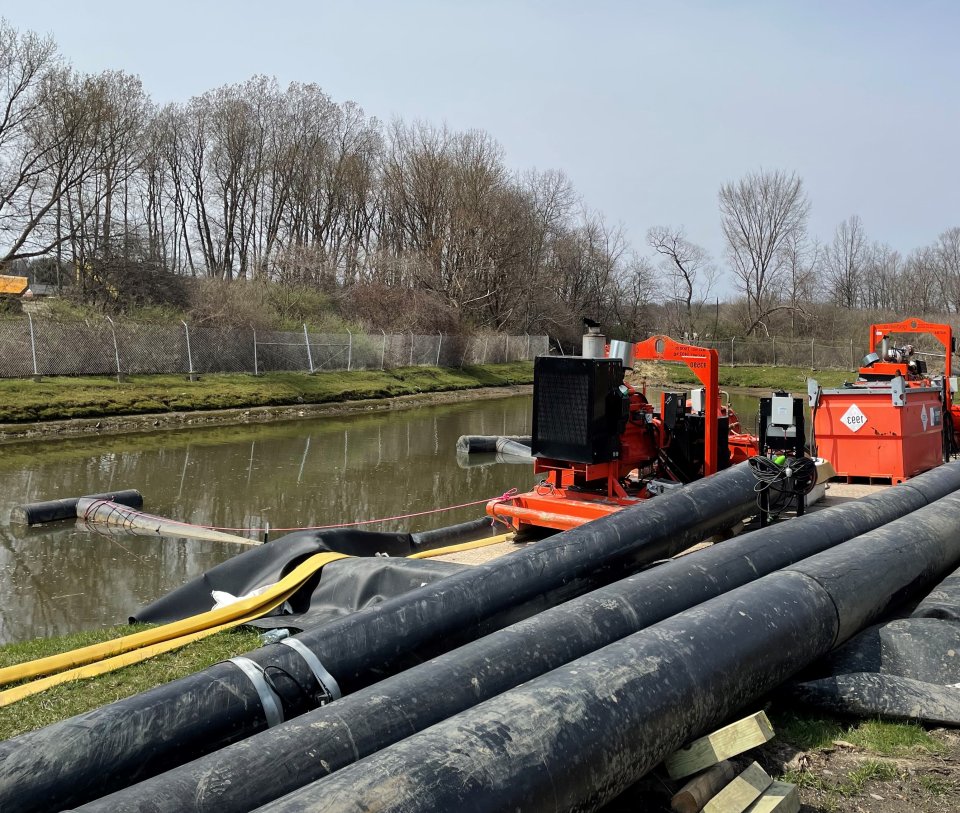
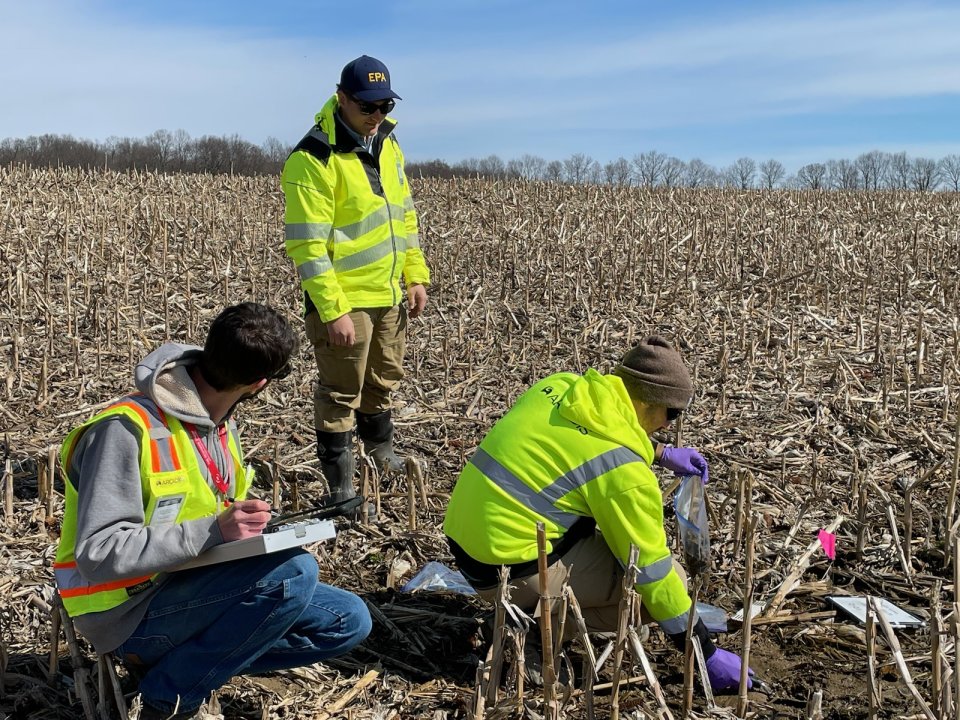
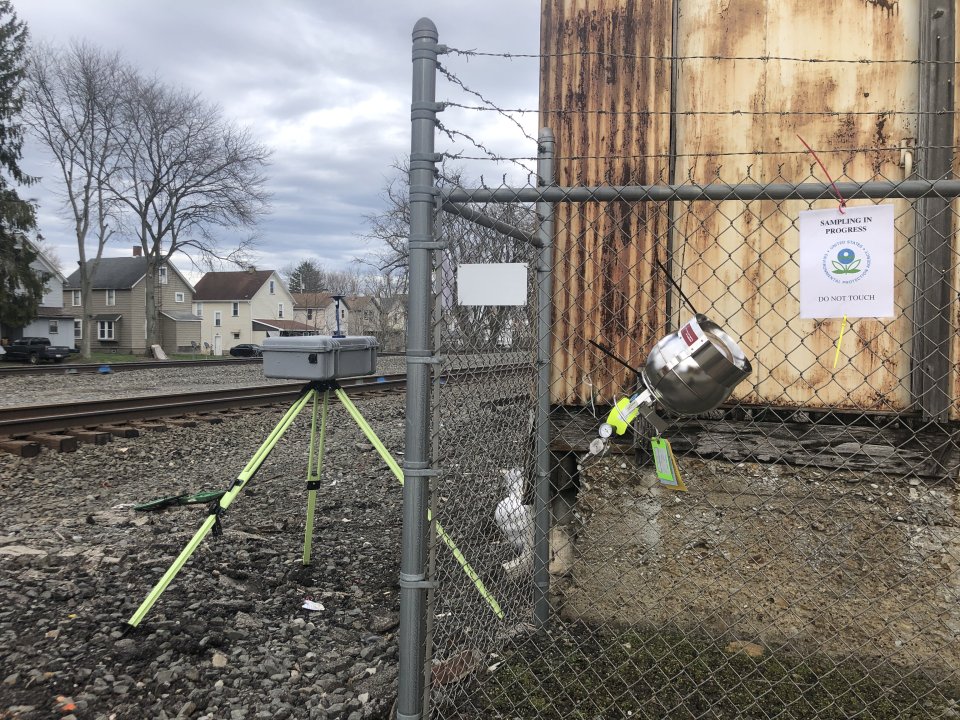
South Track Excavation
The excavation of the south track is nearing completion and soil waste is continuing to be shipped off-site for disposal. After the south track excavation finishes and the track is reconstructed, the excavation can begin on the north track. Planning is currently underway for the north track excavation.
The Week Ahead
At the Derailment Site
- Continued heavy truck traffic along designated routes.
- Taggart Street remains closed to the public.
- Excavation work and backfilling on the south track will near completion.
- Excavated soil and collected wastewater will continue to be shipped off-site.
In the Greater Community
- EPA’s Community Welcome Center remains open to the public from 8 a.m. to 8 p.m. daily. EPA staff are available to answer questions and address concerns.
- Air monitoring will continue at 23 locations around the community.
- EPA’s Trace Atmospheric Gas Analyzer (TAGA) mobile laboratory will continue to monitor air.
- Under the direction of EPA’s unilateral order to Norfolk Southern, additional soil sampling will take place next week in Pennsylvania. This sampling will include agricultural, residential, and state game areas.
Community Corner

East Liverpool City Hospital, in collaboration with the Ohio Department of Health, is excited to announce the opening of a permanent health clinic in East Palestine on Monday, April 10. The new clinic will provide traditional comprehensive primary care with healthcare staff that will be able to evaluate and treat acute illnesses, as well as focus on health maintenance and preventive care, write prescriptions, provide lab testing, and schedule consultations with specialists where appropriate. Physicians, registered nurses, and mental health specialists will be on hand to treat the community’s needs. Gretchen Nickell, DO will serve as the medical director of the clinic. Dr. Nickell was recently recognized by East Liverpool City Hospital as a community leader who “works and leads others every day with dedication, kindness, and respect.”
The East Palestine Clinic is located at 139 North Walnut. The clinic will operate
Monday-Friday 9 a.m.- 5 p.m. by appointment only. The clinic can be contacted by
calling 330-383-6020 or visiting their website.
Did You Know?
Groundwater flows underground...at different rates
The direction and speed that groundwater moves is determined by the surrounding geology of aquifers. An aquifer is underground porous rock that contains groundwater. If the rock formation allows water to move freely through it, then groundwater can move quickly in a short period of time. But, groundwater may move slowly and sink deeper, taking thousands of years to move back into the environment.
Why is this important to know?
There has been a lot of interest in the connection between surface water, groundwater, and drinking water after the train derailment. As the arrows on the diagram show, groundwater typically flows towards rivers. It is not as common for water from rivers to flow into aquifers.
In East Palestine, existing groundwater maps and onsite monitoring wells will continue to be used to confirm that drinking water is not impacted. If a drinking water well is upgradient (or at a higher elevation) from the work site, that well is less likely to be impacted. For wells that are downgradient (or at a lower elevation) from the derailment site, that well is monitored and tested.
Top 3 Questions of the Week
-
What are preliminary data and how are they different from validated results?
Preliminary data are the initial results received from samples sent to the laboratory. The general findings from this data may be used before validation if there is an immediate health or environmental threat. Data validation is the formal process by which experienced chemists assess the quality of the preliminary data…
-
How is wastewater being collected at the derailment site?
EPA is ensuring that water coming into contact with the derailment site does not runoff into the surrounding area. Wastewater is generated after rain falls on a contaminated area, and from cleaning and washing trucks before they leave the derailment site. Wastewater is collected with pumps and pipes, and temporarily…
-
What is split sampling?
Split sampling is a technique where multiple samples are collected from the same location at the same time and then sent to separate laboratories for analysis. Checking to see if the labs get the same or similar results is a way to determine the accuracy of the data. If there…

